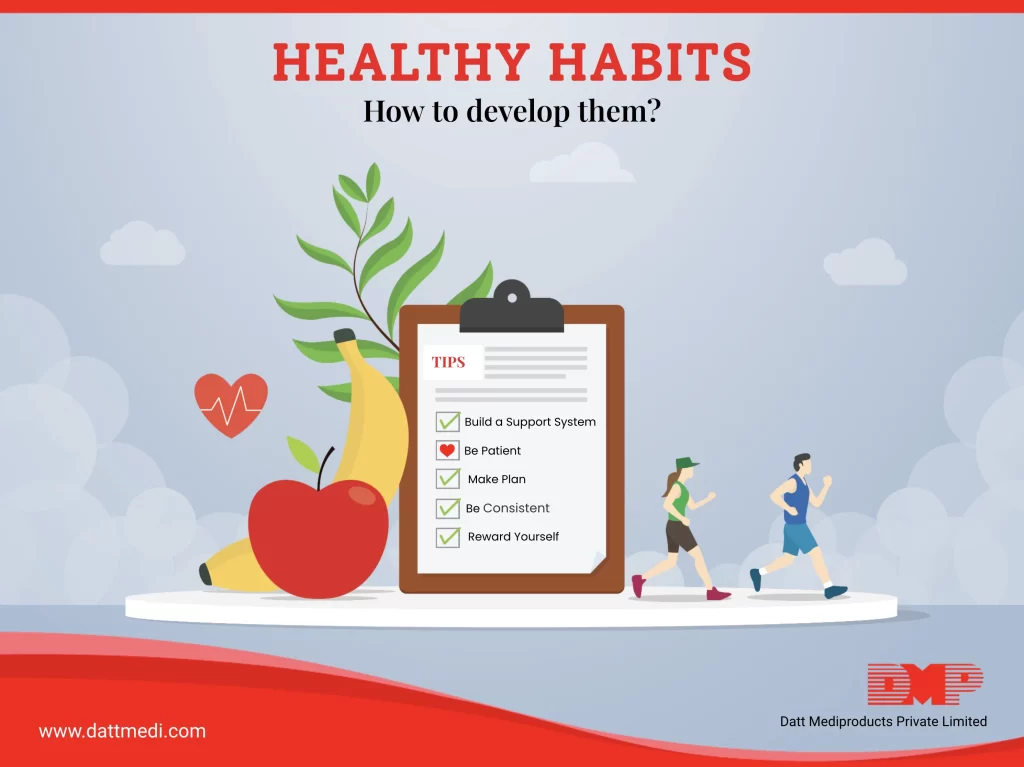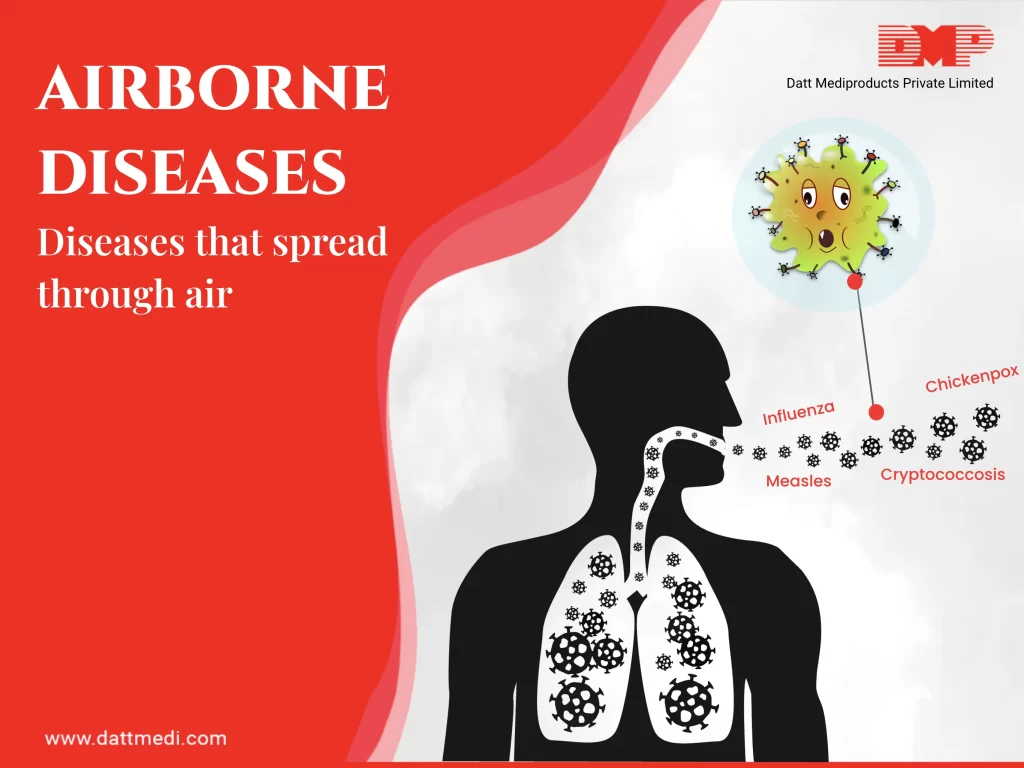
How many times have you vowed to kick away your bad habits? Have you ever set lofty weight losing goals and not able to keep up with them?
So, what is it which makes it so difficult to incorporate good changes and make them last for a longer. It is “Building up Habits”.
Our brain takes time to pause and think about doing things differently.
We have come up with some strategies which may help you to build healthier habits.
Know What You Want:
The first step while building up a healthier habit is to know what exactly do you require. Try to figure out the habits you actually want to keep. Define your goals and formulate a specific plan on how to achieve them.
Make a Plan:
List down out healthy activities and prepare a plan that includes small, reasonable goals rather than unrealistic ones. Try to define specific actions you’ll take to move towards your targeted goals. Keep them small and sustainable. A study published in the British Journal of General Practice titled “Making health habitual: the psychology of ‘habit-formation’ and general practice” suggests that a “small changes approach” is an effective behavior-changing strategy.
Be Consistent:
The more regularly you do something, the faster it becomes a part of your routine. It’s rightly said that “Consistency is the Key”. If you repeat same activities and behavior after a certain event, your brain will automatically take it as a part of your life.
Build a Support System:
Like anything which is worth doing, developing a healthy habit and keeping it consistent is a hard task. Building a support system can help you go a long way in supporting your changes and habits. You may also motivate your near ones such as family members and friends to make positive changes in daily activities. This may not only help you to keep your healthy goals last longer but also deepen your relationship with your kith and kin as you learn new things together.
Allow Downtimes:
Always working and having no fun makes it boring. and hard to keep your healthy habits. It understandable to work hard to stay healthy but it also a good option to have some down time in between. This allows you to relax. You may choose to practice positivity and gratitude. Indulging in any meditation activity or yoga classes for mind restoration might be a good help too
Be Patient:
Keep looking for positive changes in your life and track them regularly, whether physically or with a help of digital health technologies such as fitness bands or health activity tracking apps. Just remember change is not overnight and it might take some time to see the results. Track your achievements daily and try to scale up your efforts with every passing day. Celebrate your accomplishments whether weekly or on a monthly basis.
Reward yourself:
Rewards are important. Some targets are easily achievable while some take a longer to pull off. Buy yourself something when you achieve your targeted goal to keep yourself motivated.
We @dattmediproducts understand that setbacks are a part of life. You should not be afraid of them. Rather, take them as a learning curve and not as a road block.
Every day is a new opportunity to start again. Once actions are repeated and performed consistently they tend to become our second nature and our habit.
Keep Going & Be Healthier!








